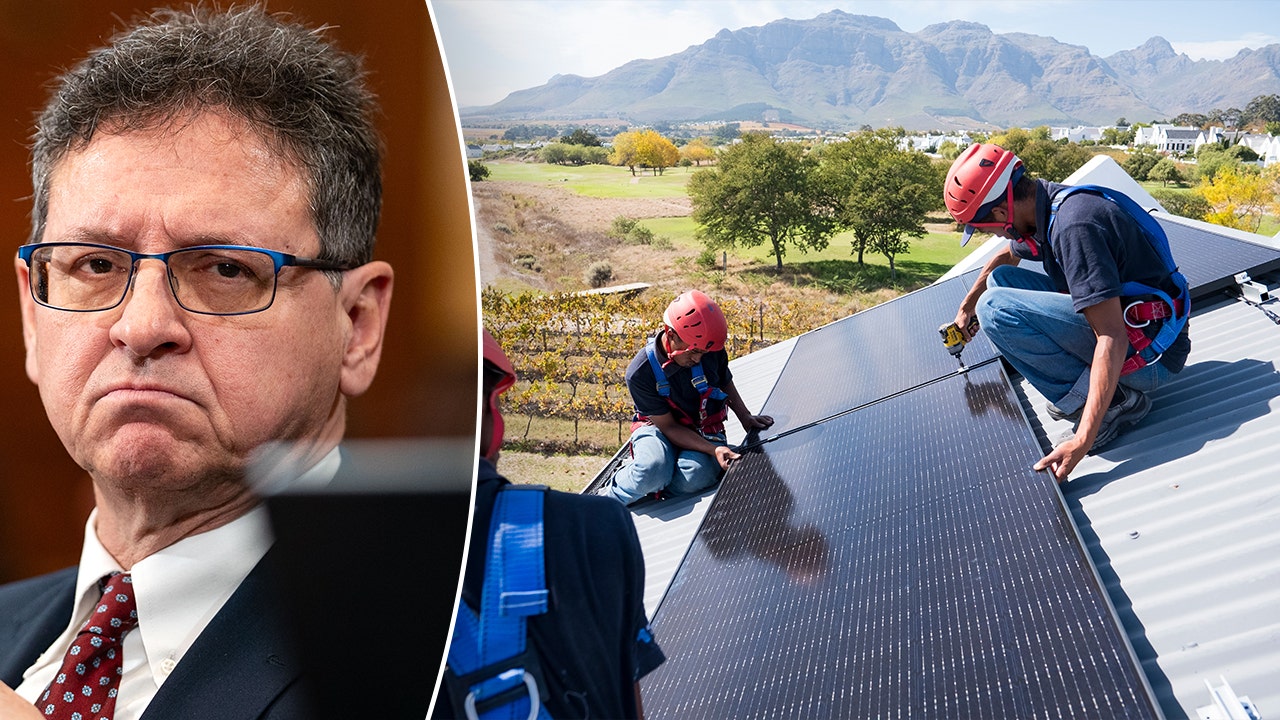USAID’s green energy programs have maximized harm to the developing world, according to former official

USAID’s green energy programs have come under scrutiny from former officials, with Max Primorac, a top USAID official under President Donald Trump’s administration, claiming that these initiatives may have done more harm than good for developing nations. According to Primorac, the push for green energy in developing countries has inadvertently increased energy prices, hindered the development of local fossil fuel industries, and led to a reliance on China for materials such as solar panels and wind turbines.
Primorac highlighted the impact of USAID’s green energy programs on developing nations, particularly in Africa, where he noted that countries have been pressured to adopt renewable energy sources while being discouraged from developing their own fossil fuel industries. This, he argued, has limited these countries’ ability to generate revenue for job creation and essential services like health and education.
Furthermore, Primorac raised concerns about the influence of China in these developing countries, noting that many of the top recipients of USAID aid are also part of China’s Belt and Road Initiative. He suggested that the focus on green energy has inadvertently strengthened China’s influence in these regions, as the CCP provides aid in exchange for political leverage.
The Trump administration’s approach to foreign aid, including a temporary freeze on aid and the dismissal of USAID’s inspector general, Paul Martin, has further complicated the situation. Martin’s report highlighted issues with unspent aid and the risk of food aid spoiling in ports due to staff reductions and operational challenges within USAID.
While some Republican lawmakers acknowledged the importance of foreign aid in promoting global health and security, they also raised concerns about USAID’s reputation being tarnished by what they described as “mission creep.” They emphasized the need for effective oversight and strategic allocation of aid to address national security threats posed by rival nations like China and Russia.
Moving forward, there are calls for increased transparency and accountability within USAID, with a focus on ensuring that aid programs align with U.S. interests and priorities. The role of NGOs and charities in aid distribution, as well as the impact of controversial programs like abortion funding and promotion of atheism, have also been highlighted as areas for improvement.
In conclusion, while foreign aid can be a valuable tool for diplomacy and development, there is a need for careful consideration and oversight to ensure that aid programs effectively support the interests of both the U.S. and the recipient countries. It is essential to strike a balance between promoting sustainability and self-sufficiency in developing nations while safeguarding American interests and values.




